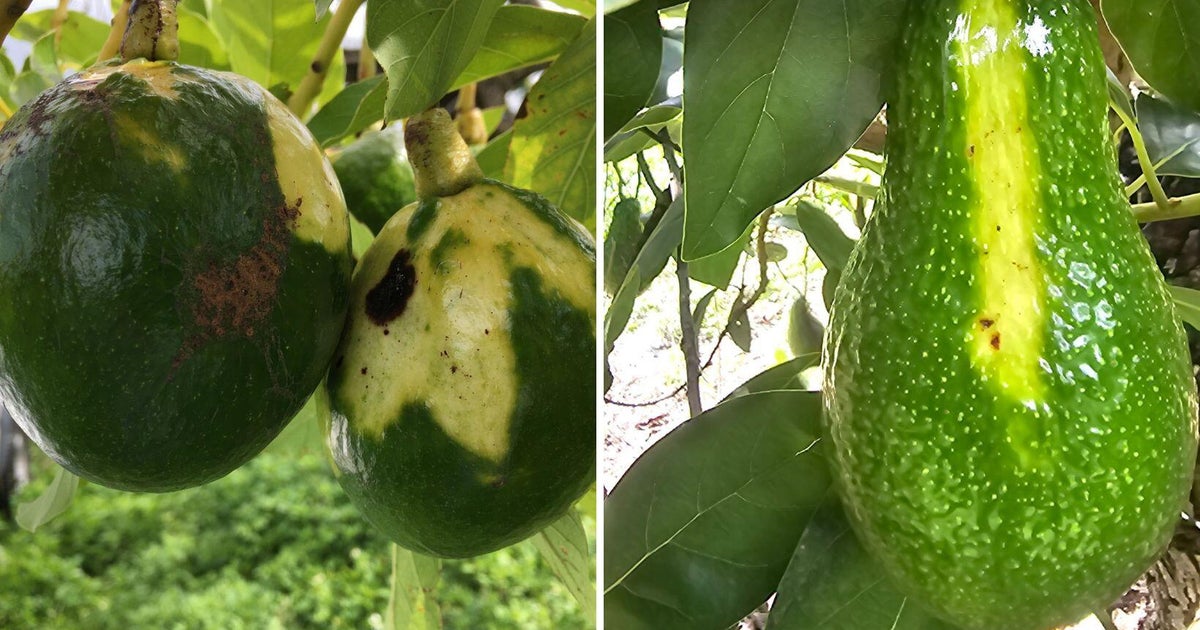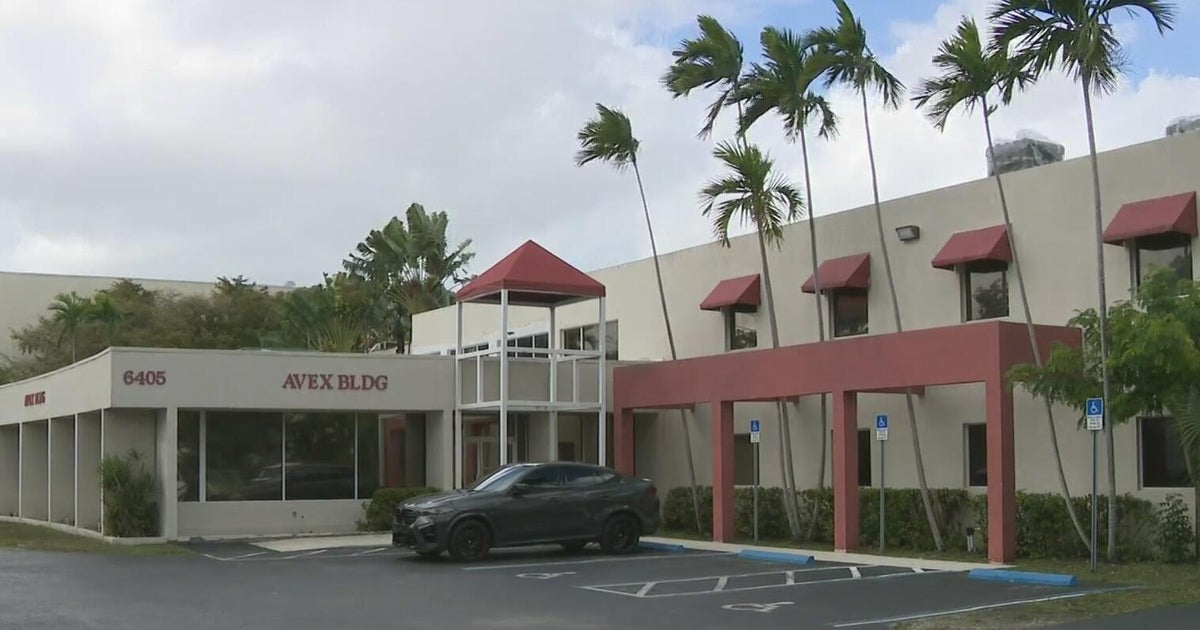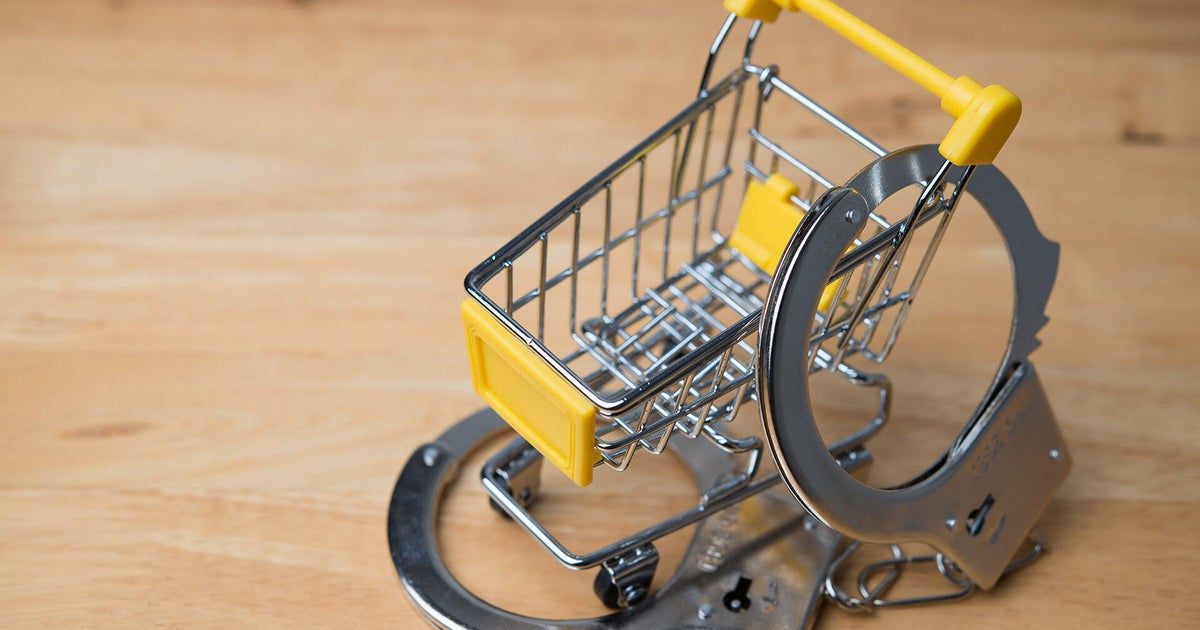There’s a new threat that may affect a mainstay fruit source for many of the state’s growers – Florida avocados.
Agricultural experts in Florida are warning this month about a disease, sunblotch viroid (ASBVd), that can severely stunt avocado tree growth by spreading through the groves and deforming the fruit. This could mean fewer locally grown avocados available in Florida stores, leading to higher prices, according to researchers at the University of Florida.
What causes sunblotch viroid in Florida avocados?
UF’s Institute of Food and Agricultural Sciences said sunblotch viroid was first reported in Florida in 1941.
The disease is caused by a viroid, which is one of the smallest known infectious organisms to disrupt a tree’s growth and fruit production. It spreads through root grafts among trees, contaminated pruning or grafting tools and propagation materials.
Viroid is known to reduce crop yields by 80% — leaving trees both stunted and weakened, researchers said.
What are the signs of ASBVd in avocado trees?
UF/IFAS experts said a part of the issue is that infected avocado trees may look healthy for years before symptoms appear. Growers will notice anything from streaked and blotched fruit to unusual coloring on stems and leaves or a drop in yield.
Trees can also be free of symptoms and can quietly spread the disease through their seeds or pollen.
“Hundreds of grafted avocado trees are being produced to establish orchards in new areas, driving the industry’s expansion northward,” Romina Gazis said. She’s the associate professor of plant pathology and director of the Plant Diagnostic Clinic at UF’s Tropical Research and Education Center.
“At the same time, growers are replanting in orchards where trees were lost to laurel wilt. Because our industry relies on seedling-grafted trees, and the seeds themselves may carry the viroid, it’s critical to scout and test for its presence to protect new plantings,” he continued.
Why avocado growers in Florida should take precautions
UF/IFAS experts said at this time, there’s no program to check that budwood or seeds are free of viroid. And as thousands of new trees are planted, it’s important to take steps in trying to prevent ASBVd.
Experts said nurseries should test budwood trees annually and growers should train their staff to spot symptoms of the disease, ensuring that infected trees are destroyed, and equipment is sanitized.
Gazis said in the past, growers and nurseries were able to eradicate ASBvd by following these sanitation practices.
“Today, many new growers and nurseries are not aware of this threat to the industry, but with our UF/IFAS Extension renewed effort to educate the industry, we can once again control this disease,” Gazis said.
What should you do if you have an avocado tree at home?
Experts urge homeowners to watch for symptoms too and have them tested by professionals. If there’s a positive result, that tree should be removed from the property.
If you’d like more information, contact the UF/IFAS TREC Plant Diagnostic Clinic in Homestead.



